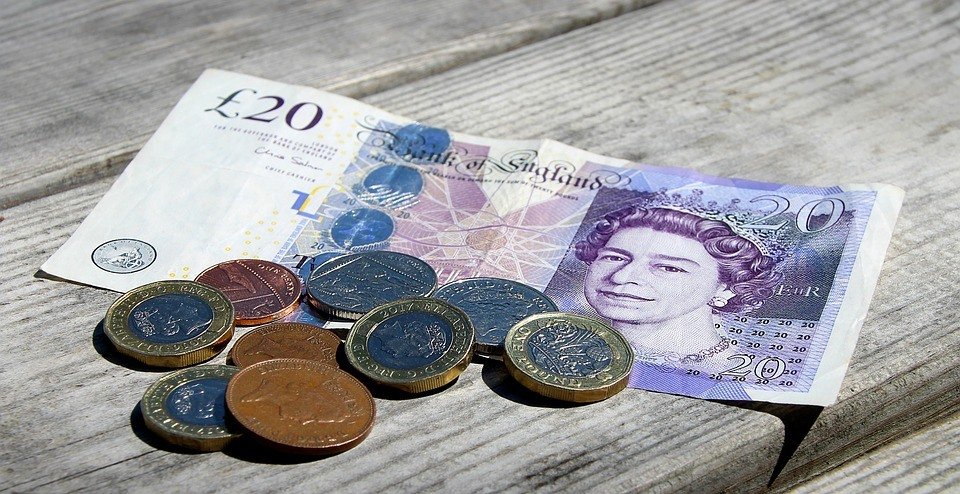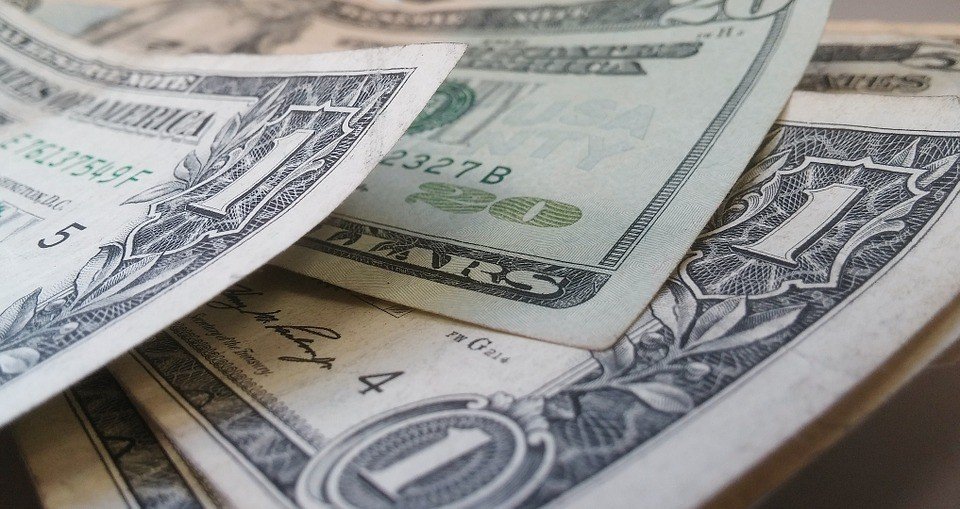Featured
UK pound continues to be pounded, dollar rallies
With the Brexit approaching, the British pound plummets.

Almost two years since a referendum voted for the U.K. to leave the European Union, the British Exit (Brexit) continues to plague and sow fear, now with concerns of Britain’s possible exit by 2019 without solid trade agreements. This has further weakened the pound against the dollar, and the former has now reached an 11-month low against the latter, Reuters reported.
This performance has officially made the British pound the worst performing currency against the U.S. greenback.
According to an article from the Financial Times, U.K. Trade Secretary Liam Fox already warned of a very possible 60-40 percent chance that the country will complete its exit next March without any final agreement on how to end trade amicably with its European counterparts.
What’s worse is that the weakening of the sterling happened even after the Bank of England (BoE) loosened interest rates just to help give the currency momentum. This was the second time that the bank resorted to this action since the financial crisis.
Today, the sterling has dropped 2.5 percent against the U.S. dollar since last month and even dropped 1 percent against the euro.
Market experts’ take on the issue
According to Goldman Sachs analysts, with BoE’s latest move, “markets can now turn their attention to the Brexit process which will likely dominate trends in GBP for the rest of the year.”
Adding fuel to the fire, however, is BoE Governor Mark Carney’s grim prediction that the U.K’s March 2019 exit might not end positively for the EU. This has actually resulted to a further slump of the pound below the $1.30 mark at the end of banking days last week, which carried through Monday this week.
The dollar bounces back
Meanwhile, the pound’s struggle proved advantageous to the U.S. dollar as it recovered after some months in a slump.
Part of its returning strength is attributed to the current trade war with China, resulting in the increase of tariffs from both nations when it comes to imported goods.

The U.S. dollar bounces back after a few months of decreases. (Source)
Even with talks between representatives from the two countries, the tension remains high and the issue, unsolved. According to a separate Reuters article, however, some market analysts believe that the U.S. will get the better end of the deal as the American economy is better equipped to handle the situation compared to emerging markets. They also think that tariffs could narrow the U.S. trade deficit.
Before its recovery, the U.S. dollar has been in decline lately thanks to Trump’s erratic trade statements that are keeping the trade market on edge.
According to Wells Fargo currency strategist Erik Nelson, “Trade tensions are very much dollar positive so I suspect that’s contributing to the dollar gains today.”
In the past few months, the dollar has continued to fall in value by as much as 20 percent against a trade basket of six other major currencies.
There are several factors which resulted in the decline. MarketWatch reported that the most pressing reason continues to be Trump’s performance as national leader, with some analysts calling out the President’s incompetence and weakness when it comes to setting an actual economic direction for the country.
Then there’s continued tension in the market with the U.S. leader failing to deliver on important issues like across-the-board import tariffs, failure to set an abrogation regarding the North American Free Trade Agreement and the $1 trillion infrastructure projects that are yet to see developments.
The U.S. also suffered deep tax cuts that seem to be hurting the economy, plus some difficult interest-rate increase from the Federal Reserve and tax changes in creating incentives for expected profits.
And although the continuous strengthening of the dollar may have contributed to the declining value of the pound, analysts still believe it’s the shaky political climate that’s dictating much of the slump. As some are now seeing, negotiations from both ends are not looking good and may end up with a less-than-favorable conclusion even before the March 2019 deadline.

-

 Business1 week ago
Business1 week agoDow Jones Nears New High as Historic Signals Flash Caution
-

 Crypto1 week ago
Crypto1 week agoBitcoin Surges Toward $110K Amid Trade News and Solana ETF Boost
-

 Fintech2 days ago
Fintech2 days agoRipple and Mercado Bitcoin Expand RWA Tokenization on XRPL
-

 Crypto1 week ago
Crypto1 week agoBitcoin Traders on DEXs Brace for Downturn Despite Price Rally


























You must be logged in to post a comment Login